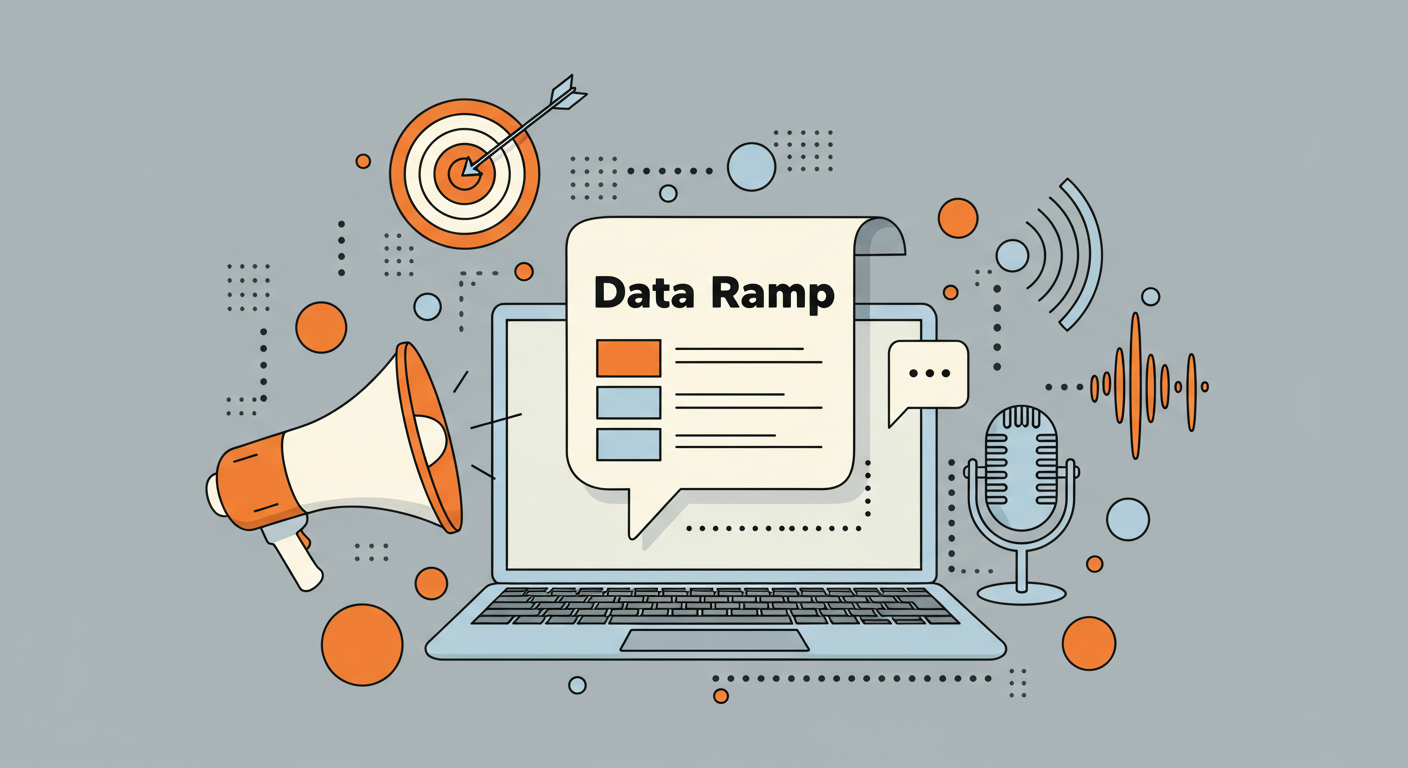Marketers in regulated industries—such as healthcare, financial services, and insurance—face a unique challenge. While they have often access to vast amounts of first-party data, strict compliance requirements often limit their ability to fully leverage this resource for marketing, business intelligence, and AI applications. However, with the right strategies and tools, these organizations can unlock the full potential of their data while maintaining control and adhering to regulatory standards.
The Fundamental Challenge: Balancing Data Optimization with Compliance
First-party data is one of the most valuable assets for an organization, especially marketers. It can provide insights into customer behavior, preferences, and needs, enabling highly personalized and effective campaigns. However, in industries governed by regulations like HIPAA or GLBA, the stakes are high. Mishandling or breaches of sensitive information can lead to significant legal, financial, and reputational consequences.
Traditionally, marketers have relied on external platforms and/or third-party service providers to process, analyze, and orchestrate data for marketing. While this approach works for some industries, it often requires sensitive information to leave secure, owned environments—a risk that regulated industries can no longer afford to take.
What Marketers Should Look For in a Solution
To effectively harness first-party data while staying compliant, marketers should seek solutions that align with the following principles:
1. Data Optimization Within Secure Environments
The ideal solution allows organizations to clean and prepare raw data for analysis without requiring it to leave their secure cloud infrastructure. This ensures sensitive information remains protected while still being usable for marketing applications.
2. Compliance-Driven Design
Solutions must be built with compliance at their core. Features such as automated audit trails, role-based access controls, and encryption protocols are essential for meeting regulatory requirements.
3. Scalability and Flexibility
As businesses grow and their data needs evolve, solutions must be fault tolerant, redundant, and able to scale without compromising security or performance.
4. Enablement of Advanced Use Cases
Modern marketing requires more than just basic data engineering and reporting capabilities. Solutions should optimize data without the need for manual intervention and empower teams to focus on providing AI-driven insights, predictive analytics, and personalized targeting—all while ensuring compliance.
The Benefits of Staying Secure While Unlocking Data Potential
By adopting solutions that allow them to work securely within their own environments, marketers in regulated industries can achieve several key benefits:
- Personalized Campaigns: Use trusted first-party data insights to deliver highly targeted messaging without compromising privacy.
- Improved Decision-Making: Feed high-quality data into business intelligence tools for better forecasting and strategy development.
- AI-Powered Insights: Leverage machine learning models for predictive analytics while keeping sensitive information consistent and secure.
- Streamlined Compliance: Simplify audits and regulatory reporting with built-in compliance features such as automated logging and raw data retention.
The Path Forward: A New Era of Data-Driven Marketing
Marketers in regulated industries no longer need to view compliance as a barrier—it is an opportunity to innovate responsibly. By focusing on strategies and solutions that prioritize security without sacrificing functionality or creativity, organizations can unlock the full potential of their first-party data.
Want to find out more about how Data Ramp approaches data optimization securely for marketers? Check out our latest press release: Data Ramp Unveils Patented fetchcx® Cloud Solution for Regulated Industries

